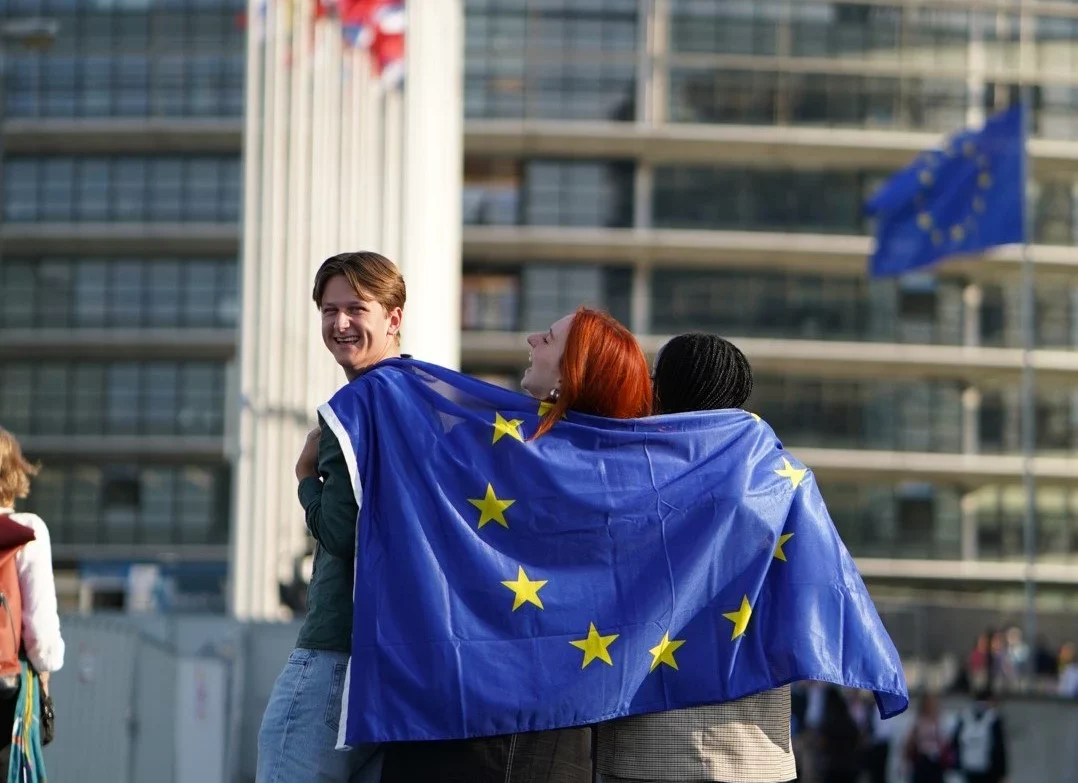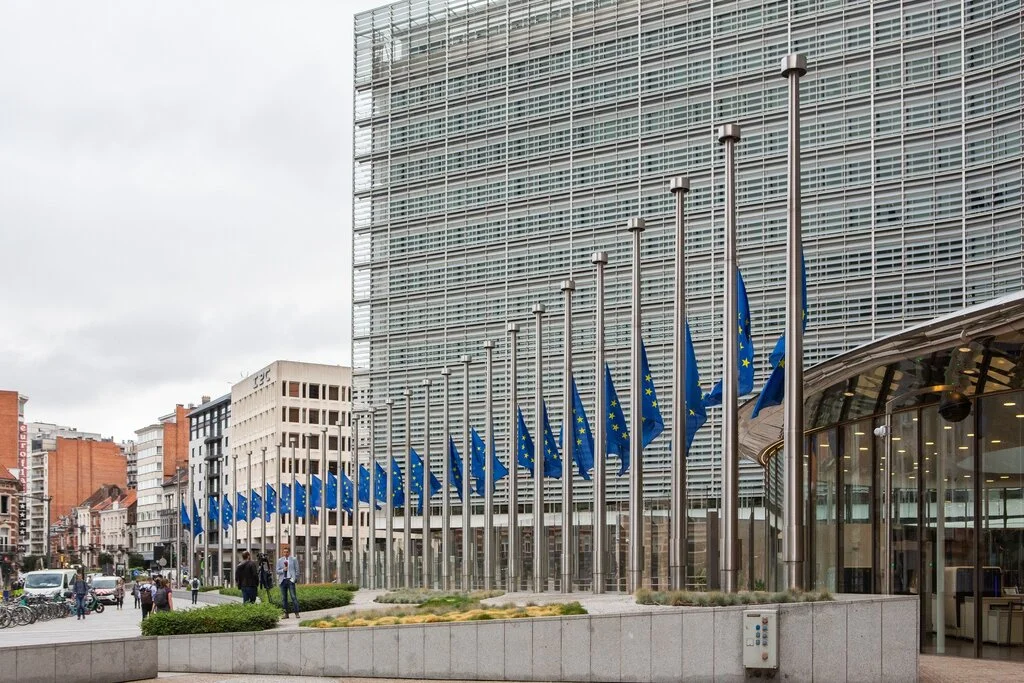House Speaker: With Western Balkans, EU would be stronger, with Ukraine, EU would be weaker

The European Union should integrate the Western Balkans “if it wants to be stronger”, László Kövér, the Speaker of Parliament, said on Friday at the 11th conference of the speakers of South-Eastern European Countries, but it will allow Ukraine to join “if it wants to be weaker”.
Kövér likened the EU to a ship “hijacked and adrift” that could “still be saved”. “Change can happen on the captain’s bridge” and the current EU leadership replaced in 2024, he said, adding that new members from south-eastern European countries, not only “old” member states, would be needed “to carry out restoration work”.
Kövér said Hungary welcomed south-east European countries into the EU and would continue to provide political and professional support. The country’s EU presidency in the second half of 2024 would be an opportunity to actively contribute to the cause of integration, he said.
Some countries in the region have been membership candidates since 2005, and most since the beginning of the 2010s, he said. “The EU must appreciate those efforts.”

The EU, he said, needed the Western Balkans as much as the other way round but there were signs that some Eastern Partnership countries sought a political pact to join the EU, and in line with “Brussels double standards”, some would be integrated into the EU for political not professional reasons, Kövér said. Meanwhile, Western Balkans countries would be kept out of the EU for so-called professional reasons, he said.
It went against common sense, Kövér said, to pursue a “geopolitically highly risky” bid to integrate a war-torn region while holding back on a decision to integrate a geopolitically consolidated region where war is absent.
If the EU wanted to be stronger, it would integrate Western Balkans states, he said. “If it wanted to be weaker, then [it would integrate] Ukraine.”
He said the EU’s integration policy was more prone to destabilise rather than stabilise the bloc. The same went for its policies on illegal migration, sanctions in response to the Russia-Ukraine war, “the intention to systematically make the lives of EU farmers impossible”, its climate policy and the “aggressive promotion of the LGBTQ obsession”, he said, “not to mention the increasingly open undermining of member states’ sovereignty”.

Olivér Várhelyi, EU commissioner for neighborhood policy and enlargement, told the conference that he had been working to put the issue of enlargement back on the agenda at the highest political level. He said the issue was not the fact of the expansion but its speed.
Noting that reforms under the accession process largely fell to national parliaments to carry out, he appealed for support for the plan to speed up the pace of enlargement and to help implement it as quickly as possible.
The idea behind the plan was that the accession process itself should be real and actual integration speeded up, Várhelyi said. Further, there should be predictability in terms of integration. “Wherever progress has been made [by a candidate country] . a decision on accession must be made,” he said. Now, once again, enlargement is seen by the European Council as a political priority, he added.
Várhelyi said, however, that there was “still much work ahead of us”, arguing that the population of the region should be far more involved in the process, and answers must be given to legitimate criticisms concerning the speed of enlargement.
The commissioner said the EU had already taken steps to speed up processes that respond to the region’s most important economic and social challenges. It did so with the aim of definitively linking the Western Balkans to the EU, creating a joint economic and investment plan to mobilise 30 billion euros to overcome the most important challenges facing the region, he said.
He said it was “unacceptable” that there are no road or rail connections between the region’s capitals, and energy sources were few and polluting. He also lamented deficient basic services such as broadband internet.
The region, however, was implementing the plan “very conscientiously and energetically”, he said. Fully 44 percent of all resources have been tapped, “making them leaders in the implementation of the EU budget”, he added.
In possession of a political and economic offer, the region not only not only wanted to take it up but knew how to, too, he said.
Read also:
- New York Young Republican Club praises Orbán and government’s ‘civic-Christian values’
- Deputy PM: Time to see Hungarian nationality as an advantage
Source:






The reality is the exact opposite of Oliver Varhelyi’s statement. Integration of Serbia into the EU would make Russia stronger for obvious reasons. The EU has no business bringing in another Russophile state into the EU to work for Moscow. Bringing in Ukraine would make the EU stronger by bringing a bulwark against Russian expansionism. Unfortunately what the Hungarian Fidesz government continues to do is sell out European interests to the Russians. The Hungarian government literally works for the Russia. At some future date Serbia could possibly join but not as it currently exists as a violent, mafia infested mini-Russia.